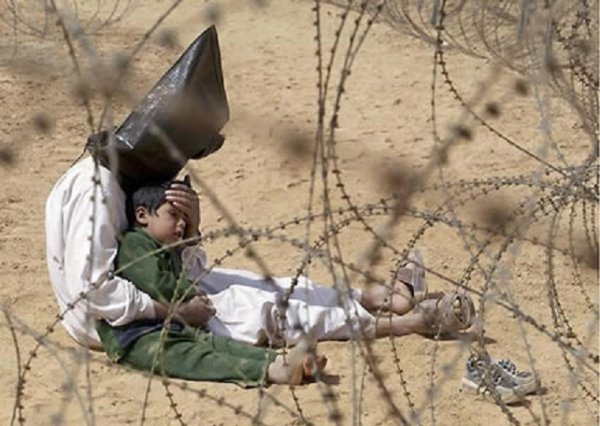By TCN News,
New Delhi: The National Convention in Solidarity with the Victims of Torture has reiterated the demand that India should ratify the Convention Against Torture (CAT) without further delay. This has been pending since 1997.
The Convention met on June 24-25 in New Delhi which was attended by lawyers, doctors, activists, academics and representatives of national human rights institutions (NHRIs) that included the National Human Rights Commission and the National Commission for Backward Classes. All the participants strongly affirmed the repeated demand that India should without further delay ratify the Convention against Torture (CAT). This has been pending since 1997.
It also said that the Parliament should immediately enact the Prevention of Torture Bill, incorporating within it the recommendations of the Select Committee of Indian Parliament which has been pending since 2010.

[Courtesy: Sabrangindia]
It further said that India must immediately pass comprehensive statutory scheme for reparation and rehabilitation of torture victims and facilitate the visit of the Special Rapporteur on Torture whose request has been pending for many years.
As India is signatory to the Convention against Disability that also addresses the issue of disabilities caused by torture, a logical and necessary corollary is that India immediately ratifies CAT.
June 26 is observed in solidarity with victims of torture, the pervasive existence of torture within India is a crime deserving of the fullest condemnation and punishment. Torture is a pervasive practice that has to be recognised as such and abolished immediately and completely. It goes against India’s international obligations and our Constitution and amounts to a denial of the right to a life with dignity. There must always be assured punishment for perpetrators. For those who survive the humiliating ordeal of torture there must be assured restitution, compensation and rehabilitation, the convention added.
There is now strong evidence of widespread impunity for illegal and appalling actions as a primary means of investigation when in custody and control of state actors and of torture being used as a means of coercing and subduing dissent amongst voiceless and vulnerable populations. These include large sections in the North Eastern region, Jammu and Kashmir, migrant labour, construction workers, unorganised workers, Adivasis and indigenous peoples, Dalits and India’s religious minorities who bear the additional burden of being often wrongfully associated with acts of terror. Within this women and children are especial vulnerable targets. Indeed, it is seldom recognised that children are victims of torture, often in the name of ‘disciplinary action’ in educational, care and reform institutions.
In its comprehensive outcome statement the National Convention appealed to Parliament, state assemblies and the executives to take multiple, specific and practical steps to ensure both the abolition of torture and put in place, at the earliest, effective reparation schemes. It called upon the many monitoring agencies across the country including the courts, special commissions such as the National and state human rights commissions and police complaints authorities to take strong and initiatives required by their mandates to ensure accountability from the perpetrator individuals and institutions.
The convention called upon the police and armed forces in particular to acknowledge the practice and take all steps to eliminate it and punish perpetrators.

